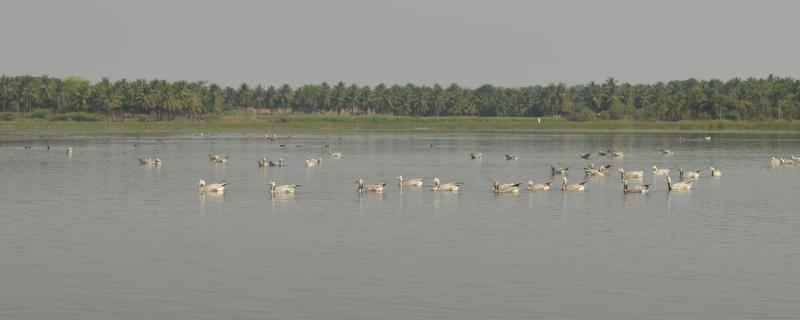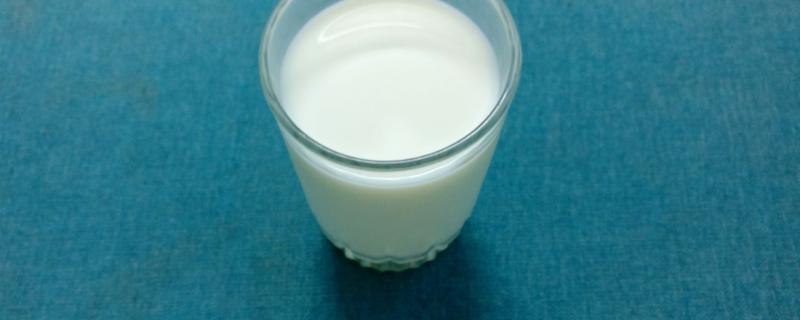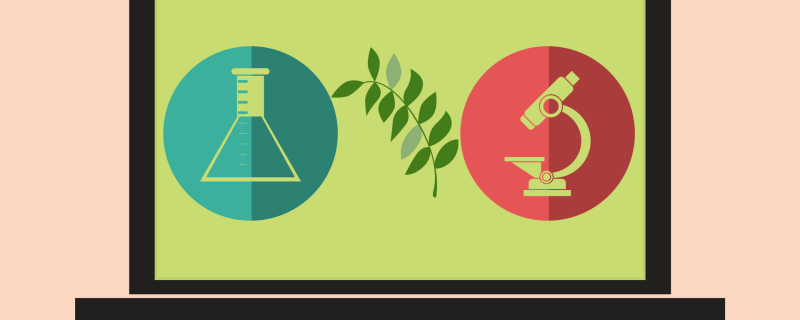Migration of birds is a spectacular event in its own right. It is a rare chance to spot those uncommon feathered visitors who are on a massive journey, sometimes spanning thousands of kilometers. Have you ever wondered why birds migrate? What are some of the factors that trigger migration? And how about some amazing tales of migration? Read about all these and more in this feature on migration of birds on account of World Migratory Bird Day.
Archives
Fighting genetic disorders is a new frontier in the field of medicine today. While some of them can be managed by early interventions, most genetic disorders do not yet have a cure. Scientists all over the world are trying new drugs and techniques to understand and rectify such disorders. In a recent study, scientists have used bone marrow stem cell transplant as a promising cure to Alpha-1 antitrypsin deficiency (AATD), a genetic disorder affecting one in 3000. The stem cell therapy, tested on mice, has yielded a positive result and the researchers hope this could be a new ray of hope for patients with AATD.
An education in science is a cherished dream for many. Unfortunately, it’s almost always limited to a few areas of study like engineering, medicine or dentistry. Thanks to the numerous avenues today, education in science has better career opportunities than ever, leaping beyond these traditional fields. So, what options does one have in the realm of science education? Here is a small effort to demystify the science education scene in the country.
Thunderstorms, coupled with torrential rains are a regular phenomenon in India. Each year, thunderstorms claim hundreds of lives and destroy crops and livestock worth crores of rupees. Although meteorologists predict them, it’s too late to warn the affected people to save the loss. Now, researchers have developed an accurate model to predict severe thunderstorms in the Indian Monsoon Region (IMR). By being able to accurately predict this weather phenomenon much in advance, we could save many lives, claim the researchers.
Though our fight against tuberculosis has a long history, we have not been able to wipe off this bacterial infection from the face of the planet. Even to this day, there are numerous studies all over the world that are trying to find the ‘best’ drug against this killer disease. In a new approach to fight tuberculosis, a recent study has now shone some light on how our body fights Mycobacterium, the causative bacteria of TB. Understanding this mechanism, the researchers say, could open up new vaccines and drugs against TB and help us win the seemingly never ending battle.
Conserving wildlife seems to be the biggest concern for most ecologists who think habitat destruction, coupled with climate change, can spell doom for many animals on earth. The first step to know how badly a particular species is affected is by counting them. As simple as it sounds, counting populations, especially in the wild, is a daunting task. In addition to the sheer physical strain, social structures of certain animals like the elephants could result in errors in such population estimations. Now, a new study has leveraged the power of computer simulations to accurately estimate wild populations at the comfort of your desk.
Thanks to the white revolution of the 1970s, today India ranks first in milk production, accounting for 18.5 % of world production. While this was possible due to sustained efforts in dairy farming, a new wave of genetic engineering looks to disrupt these numbers very soon. Apart from increasing milk production, scientists are applying techniques of genetic engineering to modify cow’s milk to make it more nutritious, free of allergens and easy to digest. By genetically engineering milk, scientists also hope to keep the food security scare at bay.
Public transport in large Indian cities are often plagued with unforeseen delays, thanks to the traffic and inefficiency of the public transport system. Now, researchers have used the power of technology to make this a thing of past. Using concepts from data science, researchers have developed a simple web-based application that can accurately predict the arrival and travel times of the Metropolitan Transport Corporation buses in Chennai, based on historical data collected over a period of time. With such technologies, researchers say, the wait for a bus might soon be over for ever!
In a world revolutionised by technology, education is not far behind. In fact, pundits predict moder education, delivered online, will be the great equalizer in days to come. In our own backyard, looks like this is already in action in the form of virtual labs developed to better understand plant biochemistry. By giving free and online access to students across the country, the recently developed virtual labs take education to a whole new level benefiting students from all corners of the country.
Why does a fish, so commonly sold in the supermarkets, demand a day of observance in its honour? Perhaps, the answer lies in the question! On World Tuna Day, observed on 2nd of May every year, we present some insights into the factors leading to the near extinction of one of the most sought after fish in the world -- Tuna. While some species of Tuna are already critically endangered, some are fast approaching this status, threatening to wipe out the entire family of tunas from the face of the Earth. How can you help save them? Read to know more...





